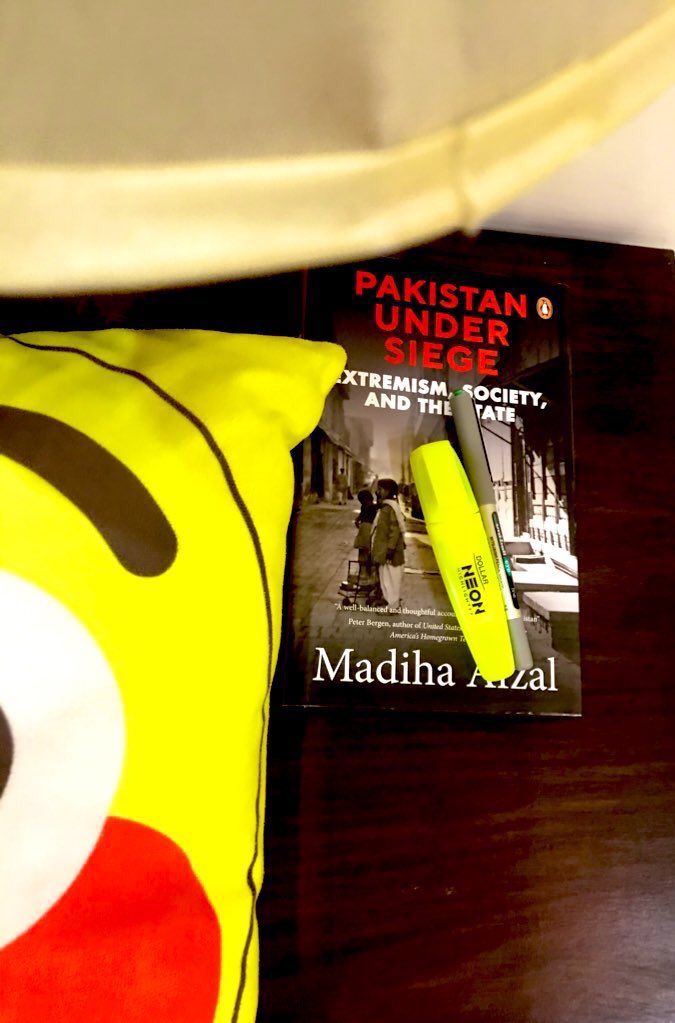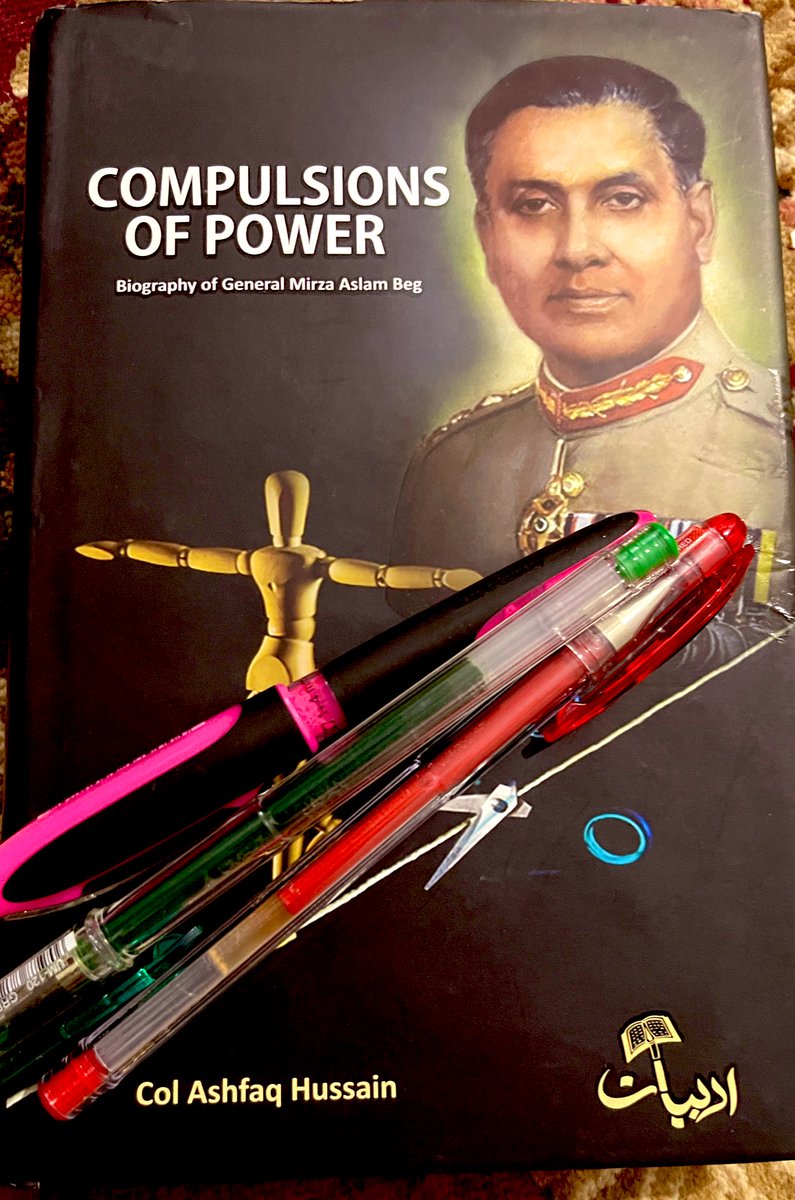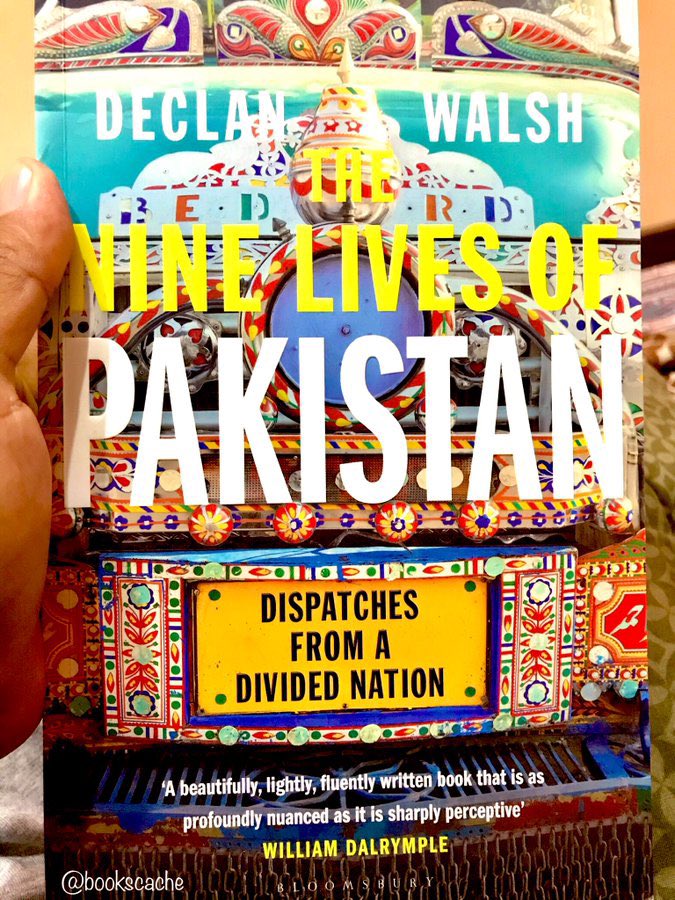As groups of mujahideen fought for control of Afghanistan in the 1990s, Benazir Bhutto's government made a decision to back the Afghan Taliban in its bid for power; she later admitted she and her government had made a mistake.
From book, #PakistanUnderSeige by @MadihaAfzal
1/8
From book, #PakistanUnderSeige by @MadihaAfzal
1/8

Some members of the Pakistan Taliban became radicalized from their involvement in the jihad against the Soviets in Afghanistan in the 1980s. In 1989, Sufi Muhammad, who had fought in that jihad, formed the Tehrik-e-Nifaz-Shariat-Mohammadi (TNSM) to impose Sharia in Dir.
The TNSM was one of the precursors of the Tehrik-e-Taliban Pakistan. His son-in-law, Fazal Hayat, known publicly Mullah Fazlullah or just Fazlullah, is the current leader of the Pakistan Taliban. He is a former chairlift operator with no formal religious training.
The Afghan Taliban is an Islamist fundamentalist group that came into power in Afghanistan in 1996 after years of fighting between various groups of mujahideen (Soviet war-era fighters) over control of post-Soviet Afghanistan.
Mullah Omar headed the Taliban until the announcement of his death. The Afghan Taliban ruled Afghanistan with regressive, draconian interpretations of Sharia. It required women to be covered head to toe in a burga; women and men were treated at separate hospitals;
men were required to wear beards; music and television were banned. Anyone in violation of the Taliban's rules was punished severely, often in public.
Post-9/11, the Afghan Taliban was ousted from Afghanistan by the United States' invasion of that country;
Post-9/11, the Afghan Taliban was ousted from Afghanistan by the United States' invasion of that country;
members of the group sought sanctuary across the border in Pakistan and many, including the leadership, are thought to be in Quetta--although Pakistan officially denies this.
Over the last fifteen years, the Afghan Taliban has attacked American forces, and Afghan government and civilian targets, from its reported base in Pakistan. It is fighting against the United States and the U.S.-backed Afghan government
in Afghanistan.
8/8

in Afghanistan.
8/8


• • •
Missing some Tweet in this thread? You can try to
force a refresh

 Read on Twitter
Read on Twitter








